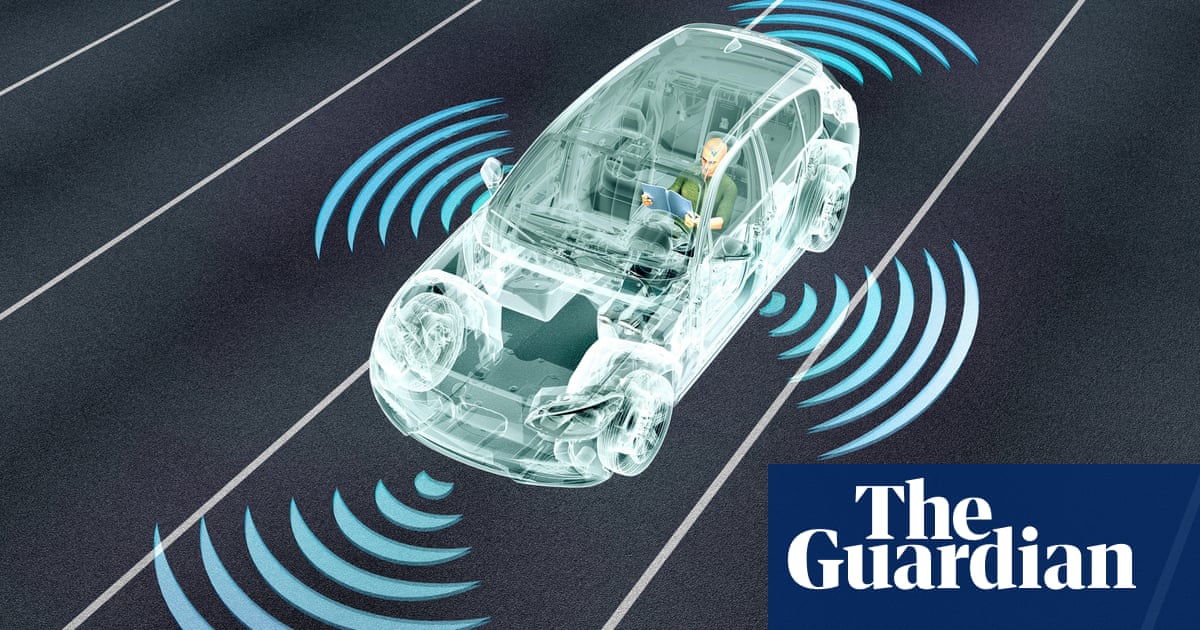It’s a scenario that would make Tesla’s Ceo, Elon Musk, shudder: a future where self-driving cars are the norm but a catastrophic electronic breakdown traps thousands of people inside them.
This dystopian vision of the future was one sketched out by science fiction writers at an event this week where experts were asked to prepare Britain for threats ranging from pandemics to cyber and nuclear attacks.
The writers joined researchers and policymakers working in crisis management and resilience at the gathering organised by RBOC (Resilience Beyond Observed Capabilities), a network of academics whose funders include the Ministry of Defence (MoD).



Perhaps in theory we do, but that involves a whole load of people changing their behaviour at the same time, and that’s pretty difficult to achieve.
I agree and I also agree that we probably won’t change on our own any time soon. The point I was trying to make was that if we objectively step back and look at it all … we are going to change in the near future whether we want to or not. Right now we have a choice to want to change … there is coming a time when we won’t have any choice but to change. This also doesn’t imply that the future changes will be good or bad, beneficial or detrimental, enlightened or dystopian. Right now if we stopped or slowed down, we can figure out where we’re headed or where we’ll end up but if we continue, once we fly off those tracks and into the abyss, who knows where we’ll land.